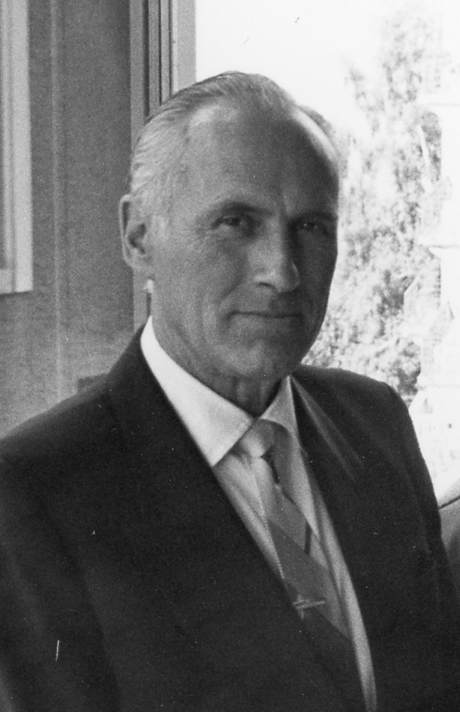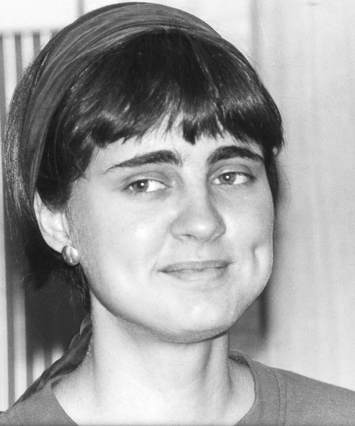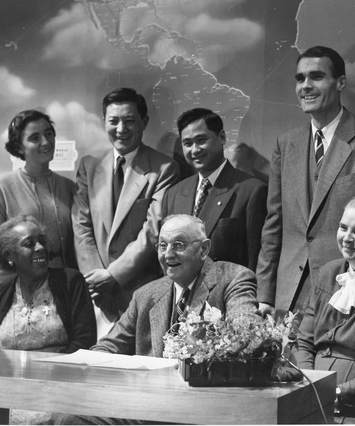Pauli Snellman
Born in Helsinki 15.02.1925
Died in Helsinki 15.11.1996
Great-grandson of Johan Wilhelm Snellman, philosopher and senator, an important figure in Finnish history.
Pauli’s father, Teo, was a diplomat, and the family lived in Estonia and Sweden until Teo left the foreign ministry. The family, although part of Finland’s elite, had a rather chaotic life, and in his childhood Pauli with his brother spent some years with their aunt.
Finland was a young country, having become independent of its neighbor Russia in 1917. At the beginning of the 2nd World War in the winter of 1939, the Soviet Union attacked Finland. Pauli was 14, and having had paramilitary training, with great patriotic enthusiasm, enrolled as a voluntary soldier. His task was to guard a bridge, the temperature being minus 40. During the second part of the war in 1944 he fought as a regular soldier, first against the Soviets in the east, then against the Germans in the north.
After the war, Pauli started studies in political sciences, and soon after went to London for an apprenticeship. There he met Moral Rearmament, encouraged by his aunt Kaisu Snellman, who had been involved with the Oxford group since the 1930s.
The revolutionary dimension of MRA attracted Pauli especially. Meeting MRA changed his life and helped him find a deep living faith, which served as a guiding line throughout his life. He also saw similarities in the thinking of his illustrious forefather and the movement, believing that there was a strong link between the choices of individual people and the global world.
Pauli was invited to Caux and, soon after that, to Germany, to the United States, India and many other countries. He worked full-time for 25 years, often performing on stage in different plays.
He married Meta Pfeiffer from Switzerland in Caux in 1962. They spent their first years as a couple in India. In 1966, they settled in Finland, where they were involved in putting up the musical show Sing Out, believing that MRA needed to attract young people. At the beginning of the 70s when MRA went through a major crisis, Pauli decided at the age of 47 to take up his studies and finish his Masters’ degree. After a difficult period of unemployment, he became a senior civil servant in the Ministry of Labor, working in the department for international affairs. Soon after, in 1975, his wife Meta died in an accident, which left Pauli a widower with two young children to care for.
He later married Paula Hirstiö from Finland, and together they had a son.
Pauli felt that having worked for many years as a full-timer with like-minded colleagues, it was a challenge to live and work surrounded by people who did not share the same convictions. He often said that it helped him to truly understand what moral rearmament actually meant. Standing up for his convictions sometimes meant putting aside his own interests and hopes for advancing his career. He also worked beyond his immediate field of work and initiated new collaborations with developing countries when working with the OECD.
After the end of the Cold War, together with the Finnish MRA team, Pauli participated in many meetings and initiatives to help enforce democracy in neighboring countries, Estonia and Russia. He also attended several industrial conferences in Caux, sharing his experiences.




